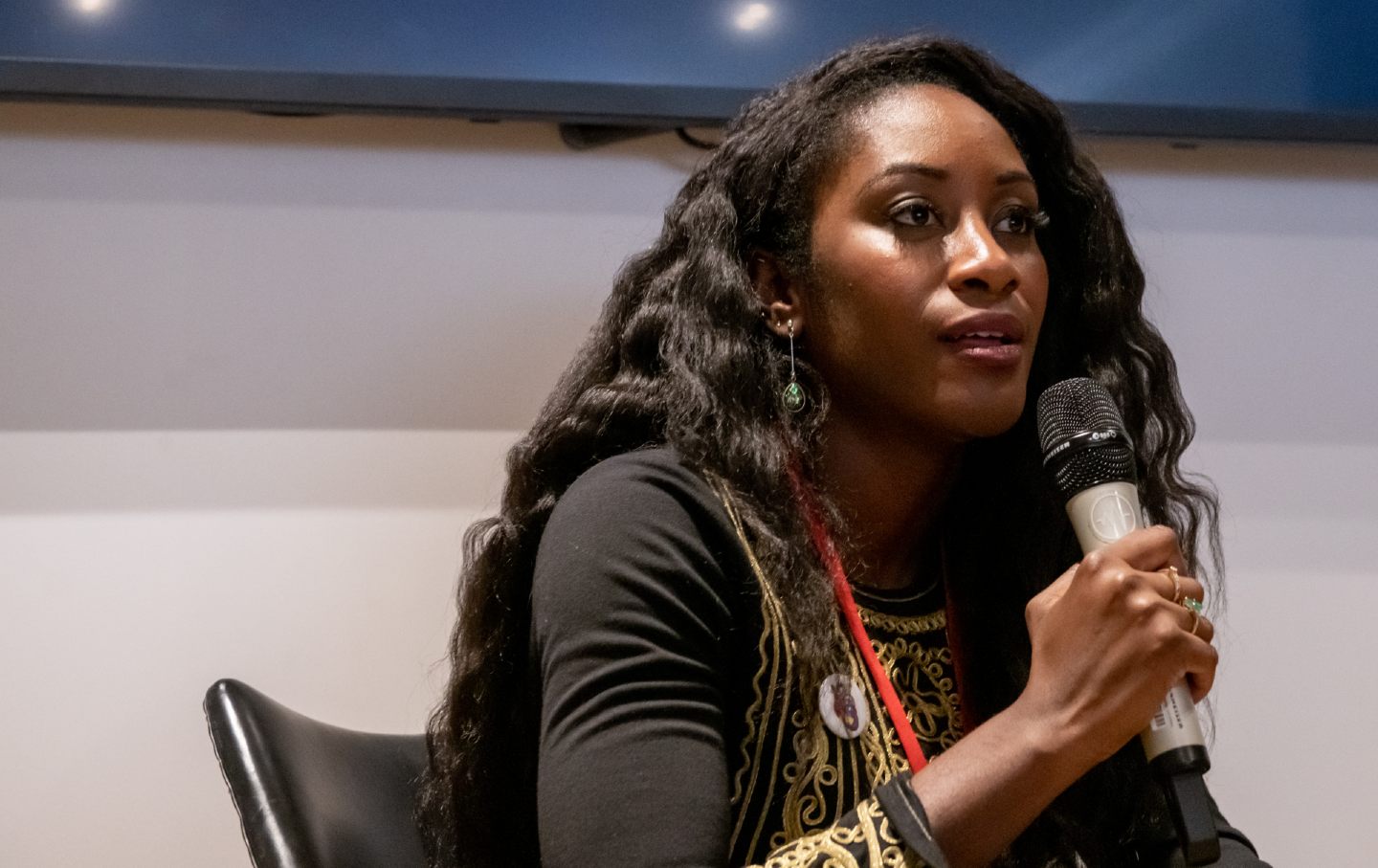
In a striking contradiction, Donald Trump, who once proclaimed himself “the best president for the Black population,” is now taking actions that call into question his commitment to that assertion. Just over a year after making that boast while campaigning for the White House, his administration has begun removing significant Black historical images and markers from national parks and museums across the country.
A recent report by the Washington Post has drawn attention to this troubling decision, highlighting the erasure of pivotal moments and figures from Black history that have long been part of America’s narrative. This move not only diminishes the cultural heritage of Black Americans but also raises uncomfortable questions about the support Trump has received from Black voters who have rallied behind the MAGA banner.
As a journalist who has closely observed the dynamics of Black support for MAGA, I find myself grappling with a poignant question: Where are those voters now? The ongoing dismantling of Black historical representation within our national institutions is a stark reminder of the fragility of that support and the very real consequences of aligning with a movement that appears to be increasingly at odds with the interests of the Black community.
The erasure of Black history is not just a matter of removing images; it’s an assault on the very identity and narrative that has shaped the experiences of millions of Americans. The historical context of Black contributions to this country cannot simply be swept under the rug. It is essential to acknowledge and celebrate these contributions, especially in spaces that are meant to educate and inform the public about the richness of our collective history.
As Trump’s administration continues down this path, one must wonder how those who once cheered for him reconcile their support with the palpable disregard for Black history. Are they silent in the face of this erasure, or do they believe that their support for Trump aligns with a broader vision that ultimately undermines the very foundations of Black heritage?
The implications of this decision extend far beyond the physical removal of artifacts; they signal a troubling trend towards a revisionist history that seeks to minimize the struggles and triumphs of Black Americans. It’s a narrative that, if left unchecked, could lead to a generation that lacks an understanding of the critical role that Black individuals have played in shaping the United States.
As we reflect on these developments, it is crucial for all of us—especially those in positions of influence within the Black community—to speak out against this injustice. The need for representation and acknowledgment of our history is imperative, and we must continue to advocate for the preservation of these essential narratives.
The silence of Black MAGA supporters amidst this backdrop is disconcerting. The time has come for those who once rallied behind Trump to reassess their allegiances in light of these actions. If they truly believe in the principles of equality and justice, it is vital for them to hold their leader accountable for the choices he makes that affect the very fabric of our society.
As this situation unfolds, we must remain vigilant and committed to ensuring that Black history is not erased but celebrated. It is a history that deserves to be honored, remembered, and integrated into the larger American story. We owe it to ourselves and future generations to demand that our history remains intact and that the narratives of all Americans are acknowledged and respected.
Ultimately, it is a call to action for all of us to engage in the ongoing conversation about race, history, and identity in America. We cannot afford to be passive observers as history is rewritten. The past is a vital part of our present and future, and it is our responsibility to ensure that it is preserved and celebrated in all its complexity.


